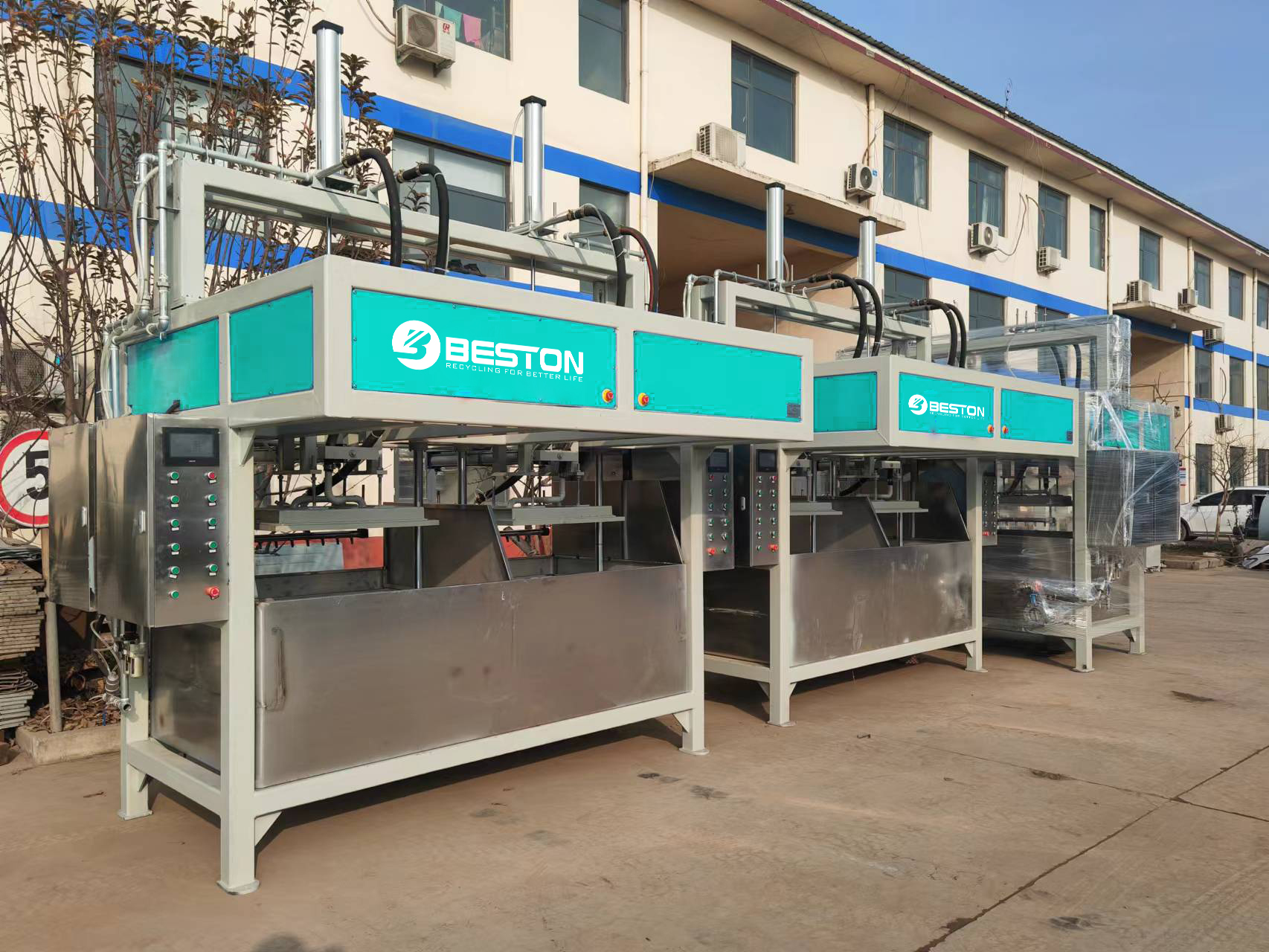The efficiency of logistics and warehousing operations is critical to the smooth flow of goods within any supply chain. Industrial packaging systems play a vital role in optimizing these processes by ensuring products are packed securely, labeled accurately, and organized effectively for transportation and storage. From improving space utilization to enhancing product protection, packaging systems are integral to the modern logistics ecosystem.
Streamlining Packing Processes with Automation
Industrial packaging system, particularly in sectors that require large-scale production, such as the pulp moulding machines market, bring a level of automation that significantly accelerates packing times. Manual packing, often slow and prone to errors, can be replaced with automated systems that provide higher throughput with greater consistency. Machines such as the egg tray molding machine, which specializes in creating protective packaging from recycled pulp, reduce human labor requirements and eliminate bottlenecks in production lines. Automation not only enhances packing speed but also minimizes errors associated with product handling and labeling.
By streamlining the packing process, these systems help meet tight delivery schedules, ensuring that goods are packed and ready for shipment with minimal delays. In high-demand industries, where speed and accuracy are paramount, the ability of industrial packaging systems to handle various package sizes and formats becomes even more critical.
Improving Space Efficiency in Warehouses
Space management is one of the most significant challenges in warehousing, especially when dealing with products that are bulky or require special handling. Industrial packaging systems help address this issue by optimizing packaging formats and reducing the overall volume of goods. Pulp moulding products, for example, are lightweight yet strong, making them an ideal solution for storing items like eggs, fruits, and electronics. The use of a compact, uniform packaging solution ensures that products can be stacked and stored more efficiently, maximizing warehouse space.
Moreover, packaging machines designed for optimal product protection reduce the need for additional cushioning or protective materials. This further optimizes space, as fewer resources are required to safeguard products during storage and transit. When products are packaged efficiently, warehouses can store more goods in the same space, leading to lower storage costs and improved inventory management.
Enhancing Product Protection and Handling
In logistics and warehousing, product protection is a top priority. Industrial packaging systems, including pulp moulding machines, are specifically designed to protect products from damage during transit and storage. Products are molded into custom shapes, providing superior cushioning and ensuring that even fragile items are securely packed. This is particularly important for goods that are sensitive to external factors like vibration, temperature fluctuations, or moisture.
The use of an egg tray molding machine in particular exemplifies how packaging can be tailored to the product. These machines produce molded pulp trays that conform precisely to the shape of eggs or other delicate items, offering better protection than traditional packaging methods. This reduces the risk of breakage, ensuring that products arrive at their destination in optimal condition.
Streamlining Inventory Management
Packaging systems also contribute to improved inventory management, a crucial aspect of both warehousing and logistics. Modern industrial packaging systems are integrated with barcode scanning, RFID technology, and advanced tracking systems, which allow for real-time monitoring of product movement and stock levels. This integration ensures that products are easily traceable within the warehouse, reducing the risk of stock discrepancies and inventory shortages.
Moreover, when items are packed consistently using automated systems, it becomes easier to predict storage requirements, which further improves inventory planning. Predictive algorithms can be used to optimize the placement of goods based on their packaging size and weight, reducing time spent searching for products and enhancing overall warehouse efficiency.
Supporting Sustainable Logistics Practices
Sustainability is a growing concern in logistics, and industrial packaging systems are increasingly designed to support eco-friendly practices. The pulp moulding machines market, for instance, has seen a rise in the use of biodegradable materials that reduce the environmental impact of packaging. Packaging solutions such as molded pulp trays, made from recycled paper or agricultural byproducts, contribute to reducing plastic waste and improving the sustainability of the supply chain.
By using recyclable or biodegradable materials, industrial packaging systems help logistics companies meet their environmental goals while maintaining the integrity and efficiency of their operations. Sustainable packaging practices not only align with corporate social responsibility initiatives but also appeal to consumers who are increasingly prioritizing eco-conscious businesses.
Conclusion
Industrial packaging systems are essential tools that enhance logistics and warehousing operations by improving efficiency, product protection, and space utilization. Automation and innovative designs, such as those found in the pulp moulding machines market and the egg tray molding machine, streamline packing processes, reduce human error, and ensure that goods are packaged securely for transit and storage. With the added benefits of better inventory management and sustainable practices, industrial packaging systems play a crucial role in modern supply chains, driving both operational efficiency and environmental responsibility.


